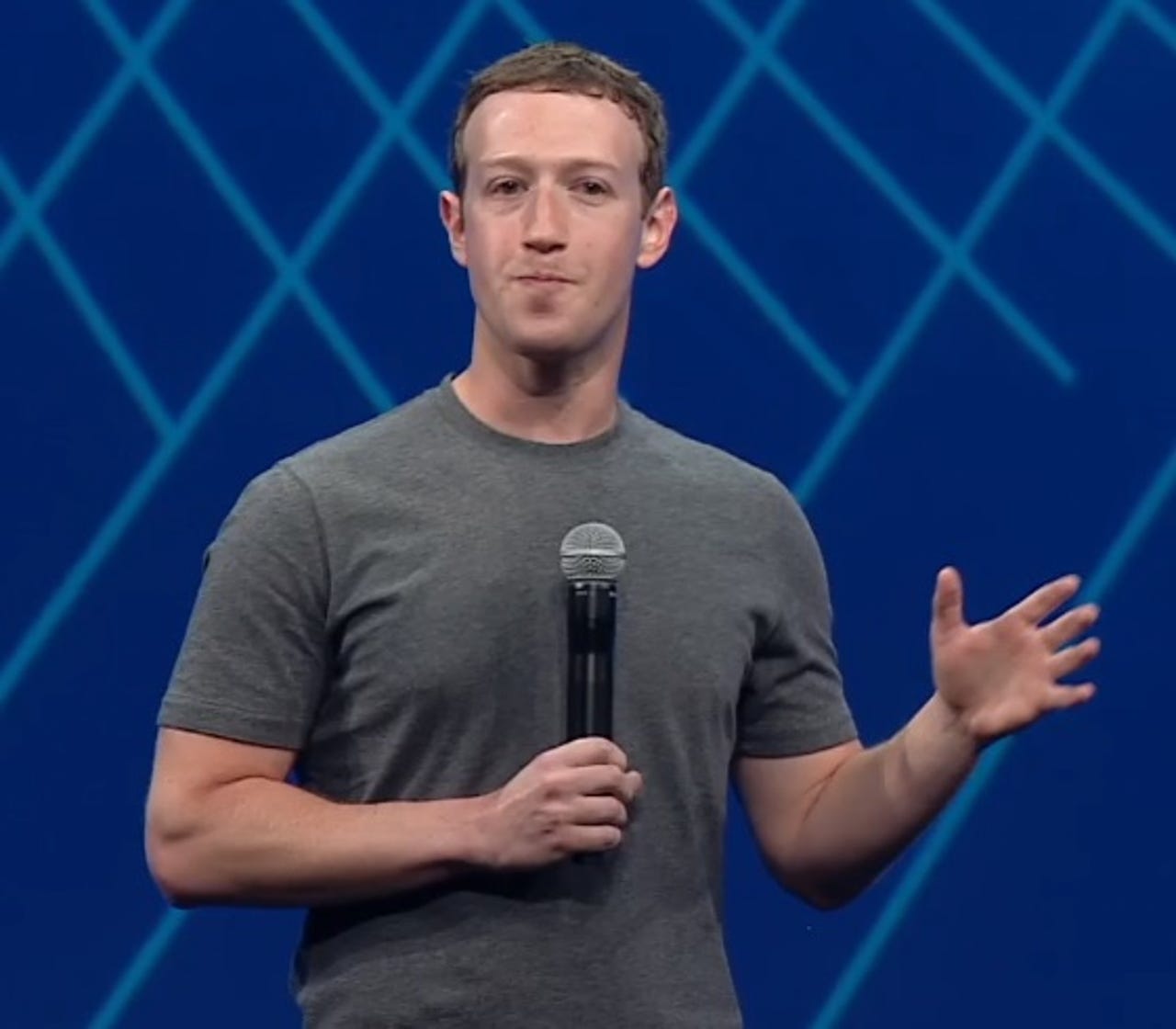Facebook's Messenger for Business could offer Google counterweight


Facebook's Messenger for Business is an effort to step up its e-commerce and advertising game and provide a counterweight to Google dominance as a go-between to businesses.
At Facebook's F8 developer powwow, CEO Mark Zuckerberg said that opening up Messenger as a platform would enable apps to be used more easily and create an environment for more creative communication.
Zuckerberg made it clear that businesses could be more creative. "I don't know anyone who likes calling businesses," said Zuckerberg. With Messenger for Business, enterprises could start customer conversations at the right time and "communicate more naturally."
With Messenger for Business, Facebook has lined up Zendesk as a live chat provider. Retailers Everlane and Zulily are also lined up. The idea is that Messenger could be a spin on Amazon's Mayday button or Salesforce's SOS effort.
That customer service spin may be a stretch. The better analogy is probably Google's click to call efforts as it collects business profiles and acts as a go between with enterprises and customers.
Let's compare and contrast. Messenger's approach:
And Google's approach:
By using Messenger as a platform, Facebook gets to play more in the local and small business space. You place an order and be contacted through Messenger. It's likely that social ad dollars would follow through to Facebook at some point. Facebook sees Messenger as a commerce enabler just like Google sees Hangouts as one.
It's unclear what the financial model is for Facebook. It's Messenger for Business sign-up form has a radio button for business or system integrator. In the end, Facebook could become a subscription platform for businesses. Given Messenger's 650 million users, it's not like Facebook doesn't have a wealth of customers to share for a cut of revenue.
The bottom line for Facebook is that Messenger for Business could is part of a marketing and advertising stack that'll appeal to enterprises. After all, two go-betweens---Facebook and Google---are better than one (Google). Final thought: Not all of these business communication platform grand schemes work. Remember eBay bought Skype based on the theory that it would integrate commerce with click to call and messaging technology. eBay ultimately spun out Skype, which is now part of Microsoft.